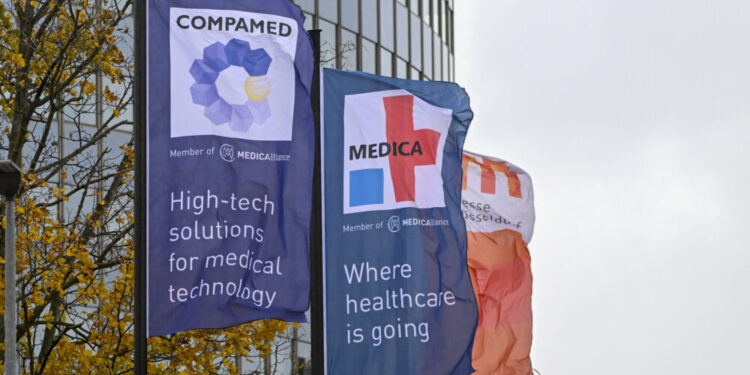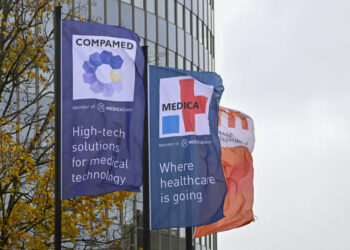Planning in generations and considering the bigger picture when making decisions for the future of our planet is at the heart of sustainability. Essentially, committing to sustainable development requires a deep understanding of the connection between human, animal, and environmental health. This is embodied by One Health, a global concept put forward by the Word Health Organization (WHO) that aims to optimise health outcomes through collaborative multi-sectoral efforts.
Undeniably, numerous challenges must be overcome before we can adequately and sustainably provide for the world’s growing population. To address the significant health, poverty, food production and climate issues we currently face, the United Nations established the Sustainable Development Goals (SDGs). This global strategy, designed as a “blueprint to achieve a better and more sustainable future for all” by 2030, is guided by six main principles – strengthening global cooperation, data-driven decision-making, minimising our footprint, innovating for a better world, supporting animal caretakers, and prioritising animal health and welfare.
To achieve the SDGs and make a tangible difference within the animal welfare sector, it is crucial that the complex, interdependent relationship between human, animal, and environmental health is recognised. This requires ongoing global efforts in innovating and advancing animal care through preventive treatments to have a measurable impact on the long-term sustainability of our planet.
Zoonoses: Risk management for a sustainable future
Animal well-being enriches humanity in numerous capacities. For that reason, mitigating the risk of transmissible animal diseases (zoonoses) and managing emerging ones is crucial to ensuring future sustainable development. As such, animal health and production processes that support health, economic development and food security are key to achieving the SDGs within the projected timeframe. In resource-poor regions and parts of the world that rely heavily on farming for their livelihood, the loss of livestock is devastating to families and communities. Animal-borne diseases pose a significant threat to food security, accounting for the loss of roughly 20 per cent of global annual livestock production. More emphasis needs to be placed on disease management for long-term, sustainable health, including animal breeding for disease resilience.
An estimated 60 per cent of human diseases can be attributed to zoonoses, with 75 per cent of emerging diseases transmitted by animals. Many of these diseases have high mortality rates, with the potential to cause epidemics and pandemics.
Innovation in preventive treatments
In light of the global COVID-19 pandemic, the need to combat infectious diseases has been a major focus of world health. Raising awareness of animal disease epidemics and sourcing innovative, preventive treatments should be further prioritised in the coming decade.
Rabies, a zoonotic viral disease that occurs in both domestic and wild animals, is a prominent example of a key issue that requires more concerted preventative efforts within the animal health sector. The WHO lists rabies as one of the world’s most deadly infectious diseases that continues to cause tens of thousands of deaths per year. Through raising awareness, education efforts and immunising dogs, cats, monkeys, bats and a range of mammals, the animal-to-human transmission of rabies has a high potential of being controlled.
With regard to innovative practices that aim to address the spread of rabies, technological advancements are being constantly developed. This includes a pilot project launched by researchers at the University of Surrey, who came up with wearable smart pet devices that identify dog behaviours and monitor movements that contribute to the spread of rabies. Such projects help identify the efficient distribution of vaccines in dogs to fight the disease.
Safeguarding the health of communities also relies on fighting transboundary and emerging diseases that impact livestock, such as Foot and Mouth Disease (FMD) and the Bluetongue virus. Due to their ever-evolving nature, there is a need for healthcare entities to adopt an agile mindset and commit to constant research and rapid development to develop solutions that protect against potential outbreaks and ensure that food security is maintained.
With a purpose-led mindset that recognises how essential animal wellbeing is to a sustainable future for generations, spreading awareness, encouraging joint efforts, and adopting innovative practices across sectors are foundational elements to our collective mission of developing a healthier future for all and preventing disease in both animals and humans.

References available on request.



















